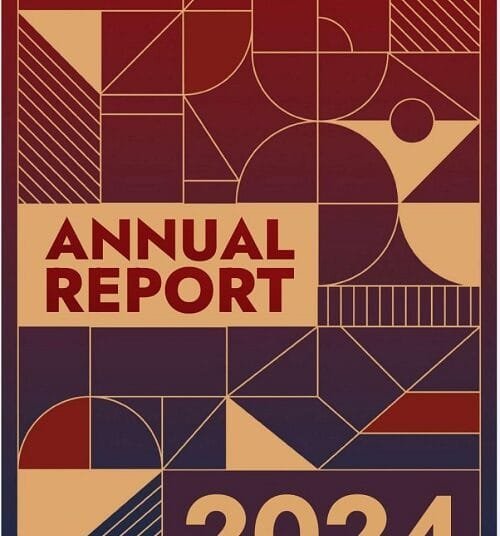Pact focuses on Open RAN-related policy
Key UK stakeholders from DSIT, leading business entities such as BT and Ericsson, and innovation hubs and centres, including SONIC Labs, UK Telecom Labs, TITAN, JOINER.
Building on the strong foundation of the UK-India Technology Security Initiative (TSI), where telecom remains a key priority, a roundtable discussion was convened, said the Ministry of Communications on 21 Feb.
Representatives from the UK Space Agency, European Space Agency, Innovate UK, and the UK Technology Innovation Network (UKTIN) also participated, exploring avenues for mutual cooperation.
The roundtable was organized by the High Commission of India (HCI) in partnership with UKTIN.
Department of Telecommunications Secretary Dr. Neeraj Mittal highlighted India’s leadership in the telecom sector and its rapid advancements in next-generation network technologies.
Following the roundtable, a Memorandum of Understanding (MoU) was signed between SONIC Labs and the Centre for Development of Telematics (CDOT). The agreement focuses on Open RAN-related policy and technical matters, including 5G Open RAN and Artificial Intelligence in 4G/5G
Other key areas of collaboration which have been identified during the deliberations with various stakeholders on the telecom ecosystem of UK are http://gov.uk:
Establishment of a Joint Centres of Excellence focusing on telecom cybersecurity, AI in telecom, and digital twins.
Collaborative initiatives with British telcos to leverage mobile phone data for infrastructure planning, building upon India’s success in using such data for metro route planning.
Joint contributions to ITU for the development of 6G standards (IMT 2030).
Mutual recognition of testing labs and the establishment of new testing facilities.
Collaboration on Digital Twins, including standardization frameworks, privacy-enhancing technologies, and cross-sectoral data applications.
Advancing quantum communication solutions and submarine sea cable security.
Promoting the Indigenous 4G/5G telecom stack developed by CDOT.
Collaboration on space technology communication (TN-NTN) between the UK and India’s Bharat 6G Alliance.
This visit underscored the shared commitment of India and the UK to drive innovation in telecom and digital infrastructure, paving the way for enhanced collaboration in next-generation connectivity solutions.
It also reflects India’s proactive approach to shaping global telecom policies, fostering AI-driven innovations, and strengthening international partnerships for a digitally inclusive future.
About C-DOT
C-DOT is the premier research and development centre of the Department of Telecommunications (DoT), Government of India. It is dedicated to developing indigenous telecom technologies, including 4G/5G solutions, AI-driven network management, and cybersecurity frameworks, to enhance India’s telecom ecosystem and contribute to global standardization efforts.
About SONIC Labs
SONIC Labs (SmartRAN Open Network Interoperability Centre) is a world-leading innovation programme and R&D facility based in London, funded by the UK Government’s Department for Science, Innovation and Technology (DSIT). Co-delivered by Digital Catapult and Ofcom, SONIC Labs drives global technology development in Open RAN, aiming to create a diverse and competitive telecom supply chain.
About The Alan Turing Institute, UK
The Alan Turing Institute, the UK’s national institute for data science and AI, drives world-class research, fosters AI innovation, and collaborates with academia, industry, and policymakers to address global challenges. With a network of 13 partner universities and an open collaboration model, it plays a pivotal role in advancing AI-driven solutions, shaping public policy, and developing future skills. The Institute supports global AI initiatives, where AI is a key driver of economic growth and societal transformation.
About CHEDDAR
The Communications Hub for Empowering Distributed Cloud Computing Applications and Research (CHEDDAR) is a pioneering research hub advancing next-generation computing, Edge Computing, and AI-driven systems. Funded by the Engineering and Physical Sciences Research Council (EPSRC) – UK Research and Innovation (UKRI) via the Technology Missions Fund (TMF), CHEDDAR serves as a critical platform for collaboration across academia, industry, and the global community. Led by Imperial College London, with core partners including Cranfield, Durham, Glasgow, Leeds, and York universities, CHEDDAR focuses on integrating future communication systems with cloud and AI technologies. With 6G standards on the horizon, CHEDDAR aims to drive research in secure, sustainable, and intelligent communication infrastructures, ensuring the UK remains at the forefront of technological innovation. Fiinews.com










